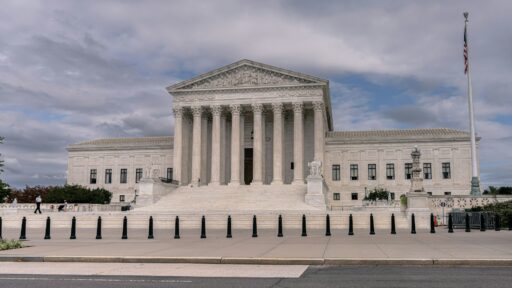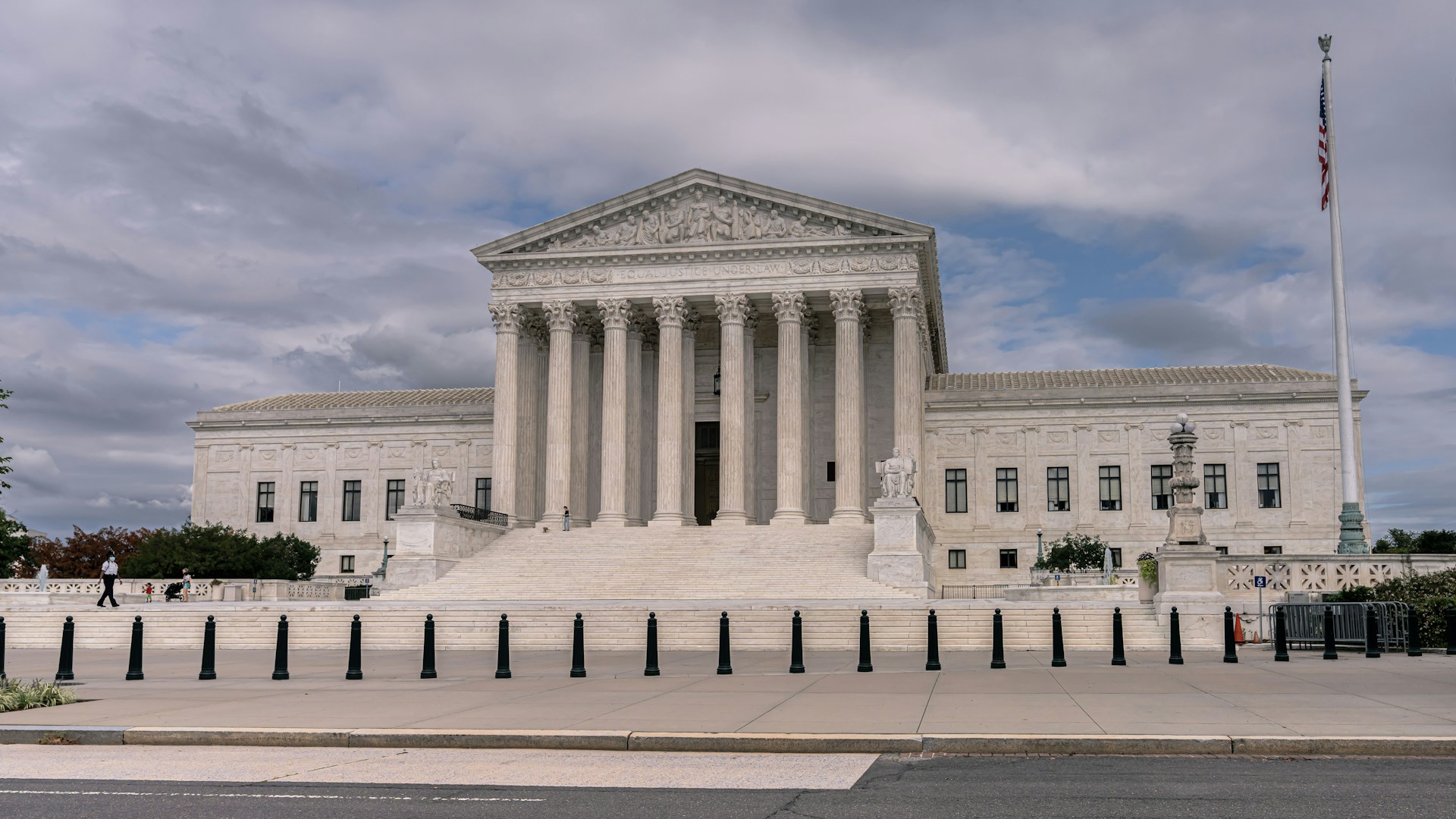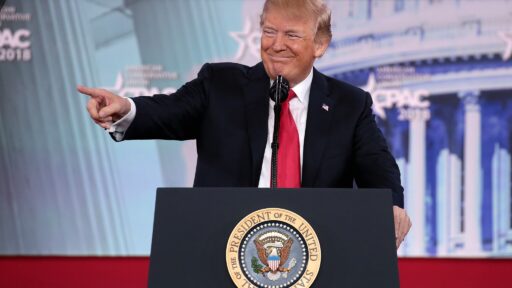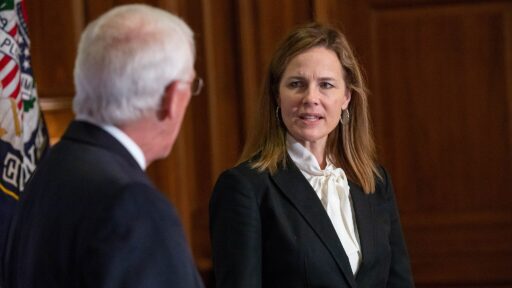This is a major development in the Jan 6th saga.
In a landmark decision on Friday, the Supreme Court ruled in favor of Joseph Fischer, a participant in the January 6, 2021, Capitol riot who contested his conviction under a federal “obstruction” charge. The court’s 6-3 verdict centered on a more restrictive interpretation of a federal law that criminalizes actions aimed at tampering with records or objects in official proceedings.
The ruling marks a reversal of a prior lower court decision, criticized by the Supreme Court for its broad application of the law, particularly concerning acts that could disrupt proceedings without necessarily constituting criminal obstruction. The case now returns to the D.C. Circuit Court of Appeals for reconsideration in light of the Supreme Court’s new guidance.
Joseph Fischer’s case emerged among hundreds stemming from the Capitol riot, challenging the application of a statute historically reserved for evidence tampering to his actions during the certification of the 2020 election results. His defense argued that the law was never intended for such broad use by prosecutors.
Chief Justice John Roberts, writing for the majority, criticized the government’s expansive interpretation of the law, stating that it exceeded the statute’s intended scope and rendered significant portions of it irrelevant. The Supreme Court’s decision clarified that for a conviction under the “obstruction” statute, the government must prove that the defendant specifically impaired or attempted to impair records, documents, or objects essential to an official proceeding.
Justice Ketanji Brown Jackson, in a concurring opinion, acknowledged the gravity of Fischer’s alleged actions but stressed the court’s duty to interpret the statute strictly according to legislative intent. She highlighted that Fischer’s prosecution hinges on whether his conduct obstructed the availability or integrity of materials used in the congressional certification process.
In dissent, Justices Amy Coney Barrett, Sonia Sotomayor, and Elena Kagan argued that the Supreme Court had overstepped by narrowing the law’s interpretation, asserting that such legislative decisions are best left to Congress.
The decision sends Fischer’s case back to lower courts, prompting questions about the Justice Department’s strategy in handling similar prosecutions related to the Capitol riot. Prosecutors now face the decision of whether to proceed with or drop obstruction charges against other defendants based on the clarified legal standard.
The Supreme Court’s ruling not only impacts Fischer’s case but sets a precedent for how courts interpret and apply obstruction laws in politically charged contexts, emphasizing the need for clear legislative intent in criminal statutes. The implications of this decision are likely to resonate across future prosecutions involving allegations of obstruction in federal proceedings.







